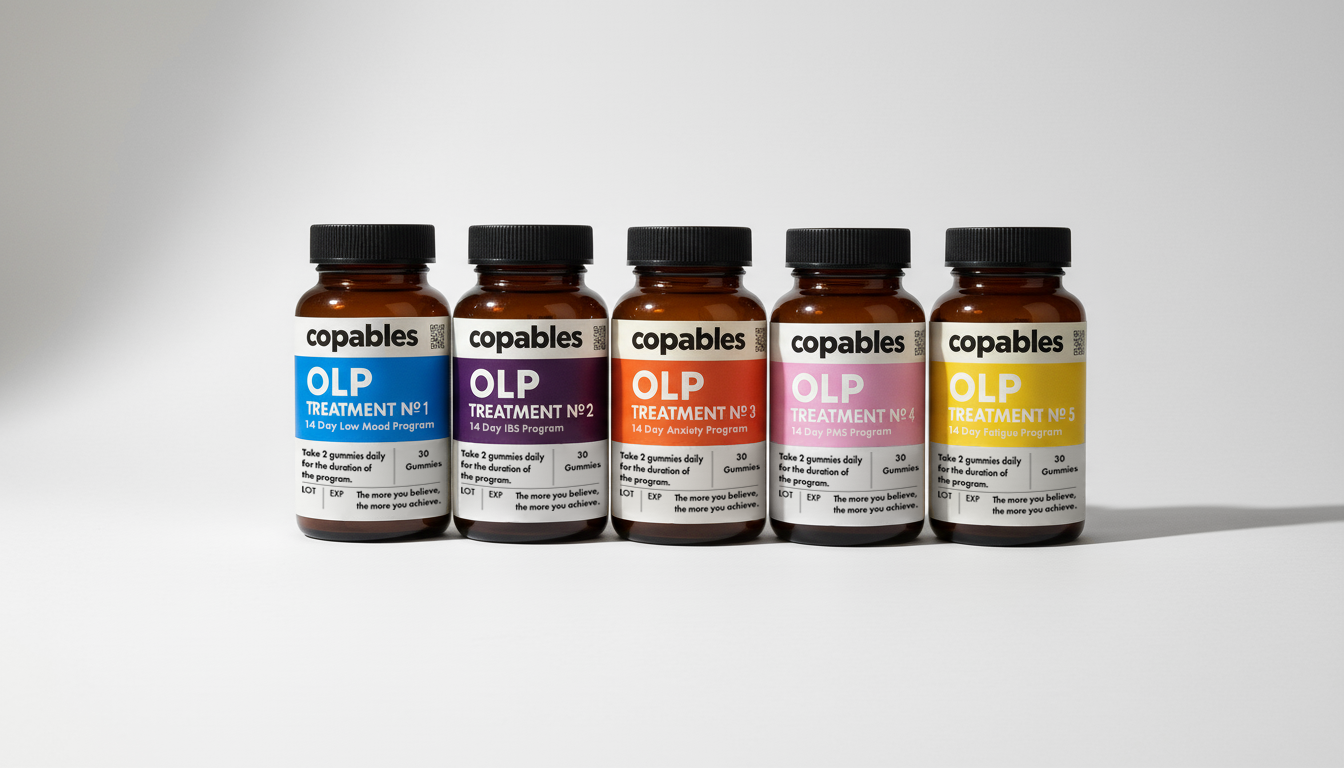
Grace Thompson, a 32-year-old graphic designer with a master’s degree in fine arts, had tried every therapy and supplement for her chronic fatigue. Nothing worked, until her doctor offered a sugar pill, plainly labeled “placebo,” alongside a simple explanation: “Real-world rituals can trigger real biochemical shifts. Your mind can help your body heal.” Intrigued rather than insulted, Grace agreed. Within two weeks, she reported a 25 % drop in fatigue and a renewed sense of agency.
Grace’s story encapsulates the emerging profile of the ideal open-label placebo responder: educated, curious about mind–body science, and armed with a resilient optimism. Studies reveal that certain mindsets and demographic traits consistently predict who benefits most when the placebo is no secret.
Mindset Matters: Tragic Optimism and Belief
At the heart of open-label placebo success lies tragic optimism—the ability to maintain hope and meaning in the face of suffering. In trials for irritable bowel syndrome and premenstrual syndrome, participants scoring high on optimism scales experienced up to 30 % greater symptom relief with honest placebos than their less hopeful peers. They didn’t deny their pain; they believed their bodies could learn new patterns of healing.
Likewise, individuals who already held a strong belief in the mind–body connection, such as those who meditate, practice yoga, or have benefitted from guided imagery, displayed effect sizes nearly 50 % larger in depression and anxiety studies. Their prior experiences created neural “anchors,” making the placebo ritual a natural extension of existing self-care habits.
Demographics: Who Signs Up First
Research across multiple trials shows that women are more likely than men to enroll in open-label placebo studies, often by a ratio of 3 : 2, and report greater improvements in pain and mood symptoms. This may reflect women’s historically higher engagement with holistic health practices and greater willingness to participate in clinical research.
Education also plays a role. University-educated participants, familiar with critical thinking and scientific nuance, tend to respond more robustly. In the landmark Harvard depression study, recruitment pace doubled among graduate-degree holders, and their symptom reduction averaged 4 points on the Hamilton score versus 3 points for those with a bachelor’s degree.
Putting It All Together
Imagine you’re considering an open-label placebo. Ask yourself: Do you view your mind and body as collaborators? Have you found relief through meditation, journaling, or relaxation techniques? Are you ready to engage actively in your own care? If you answered yes, you’re in the sweet spot.
Open-label placebos thrive on transparency and partnership. They speak to those who believe in the power of ritual, who carry tragic optimism in their hearts, and who see medicine as a two-way street. When the pill is honest, the process becomes a pact: a daily promise to your brain and body that healing is possible, and together you’ll make it happen.
Sources: